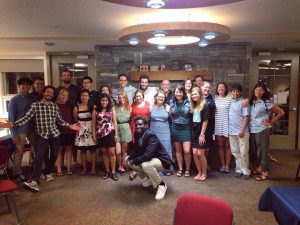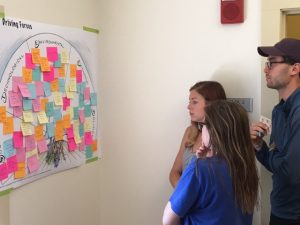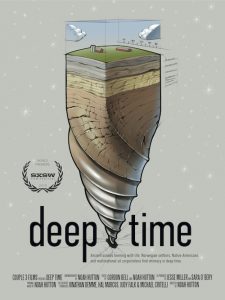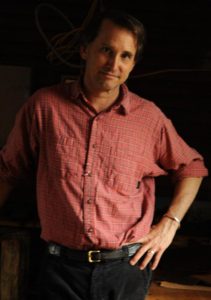Connor Pisano (MSoE ’15) recently posted on the social media platform Odyssey an essay about planning for the future of New York City in the face of climate change. He begins the essay like this:
“As New York City’s coastline communities continue to rebuild four years after being decimated by the powerful storm surge of Hurricane Sandy, the biggest question that remains is: what have we learned? The answer, in short, is: not enough.
Regardless of where one falls on the climate change acceptance/denial spectrum, the events of the Superstorm served as a wake-up call, especially to those who live on the city’s waterfront. Whether you were a wealthy, white business magnate living in lower Manhattan or a poor, black family living in a Red Hook housing project, you were made very aware that the city is not as resilient in the face of extreme weather events as we would like to think. We’ve begun to learn, and accept, that we’re vulnerable.
But where we fall short is in identifying what our true vulnerabilities are.”
Check out the rest of the essay to see the kind of thinking that emerges from the Middlebury School of the Environment!



